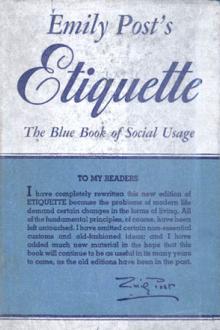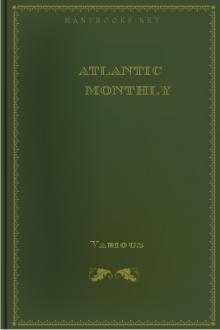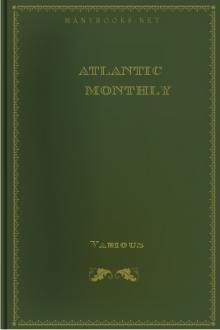Encyclopaedia Britannica, 11th Edition, Volume 8, Slice 2
Book Excerpt
Since 1877 the Southern states have been almost solidly Democratic; but, except on the negro question, such unanimity among Southern whites has been, naturally, factitious; and by no means an unmixed good for the party. Apart from the "Solid South," the period after 1875 is characterized by two other party difficulties. The first was the attempt from 1878 to 1896 to "straddle" the silver issue;[7] the second, an attempt after 1896 to harmonize general elements of conservatism and radicalism within the party. In 1896 the South and West gained control of the organization, and the national campaigns of 1896 and 1900 were fought and lost mainly on the issue of "free silver," which, however, was abandoned before 1904. After 1898 "imperialism," to which the Democrats were hostile, became another issue. Finally, after 1896, there became very apparent in the party a tendency to attract the radical elements of society in the general re-alignmen

 Free Download
Free Download

































